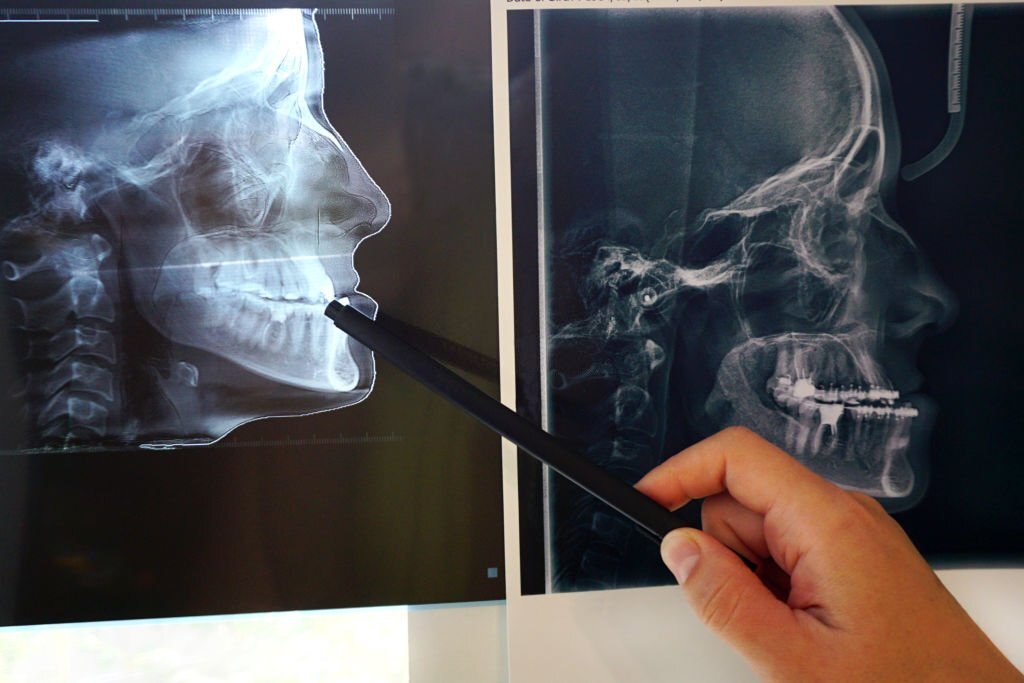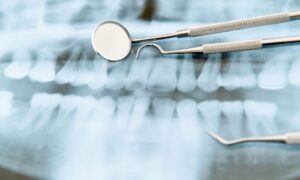What does maxillofacial mean in dental science? It refers to both the mouth and the facial region. Most dental schools offer combined training in oral and maxillofacial surgery. A maxillofacial surgeon can perform procedures in the mouth, jaws, and facial region. The movement of a maxillofacial surgeon requires specialized knowledge of these areas. They are highly skilled in these fields and can help people of all ages.
If you have a complex dental problem, you may want to consult an oral and maxillofacial surgeon. These doctors specialize in complex facial structures and can help you address issues with both. The dentist can explain the procedure to you and refer you to a qualified oral and maxillofacial surgeon if needed.
The term “maxillofacial” refers to the face and neck part of the head. The maxilla is a prominent bone in the middle face, forming the upper jaw. While the term initially originated to treat facial injuries, it has become an increasingly broad field that now includes various pathological conditions. TMJ disorders, for example, affect the face and lower jaw.
Oral and maxillofacial surgeons are trained to treat patients with disorders of the head, face, jaws, and oral cavities. They must have extensive education beyond dental school. A doctorate in medicine is also required to become an OMS. OMS also undergo National Board Examinations to qualify them to practice in hospitals. They can specialize in a variety of different fields, including pediatric dentistry.
Dental implant placement is often done under local anesthetic. A surgeon will then slice the gum to reveal the underlying bone. After placing the implant, the gum will be put back at the right location with stitches. Typically, these stitches will dissolve within a few days. However, if the surgery involves the extraction of a tooth, this can have serious complications. The patient can experience dry socket or blood clot problems after the procedure.
The term “oral and maxillofacial surgeon” was coined in 1917 by Henry Wald. He graduated from the Harvard School of Dental Medicine in 1905. He was a preceptor of oral surgery at Columbia College for nineteen years and became its first Professor of Plastic Surgery. His dental and oral surgery training has helped make him one of the most sought-after dentists in the United States.




